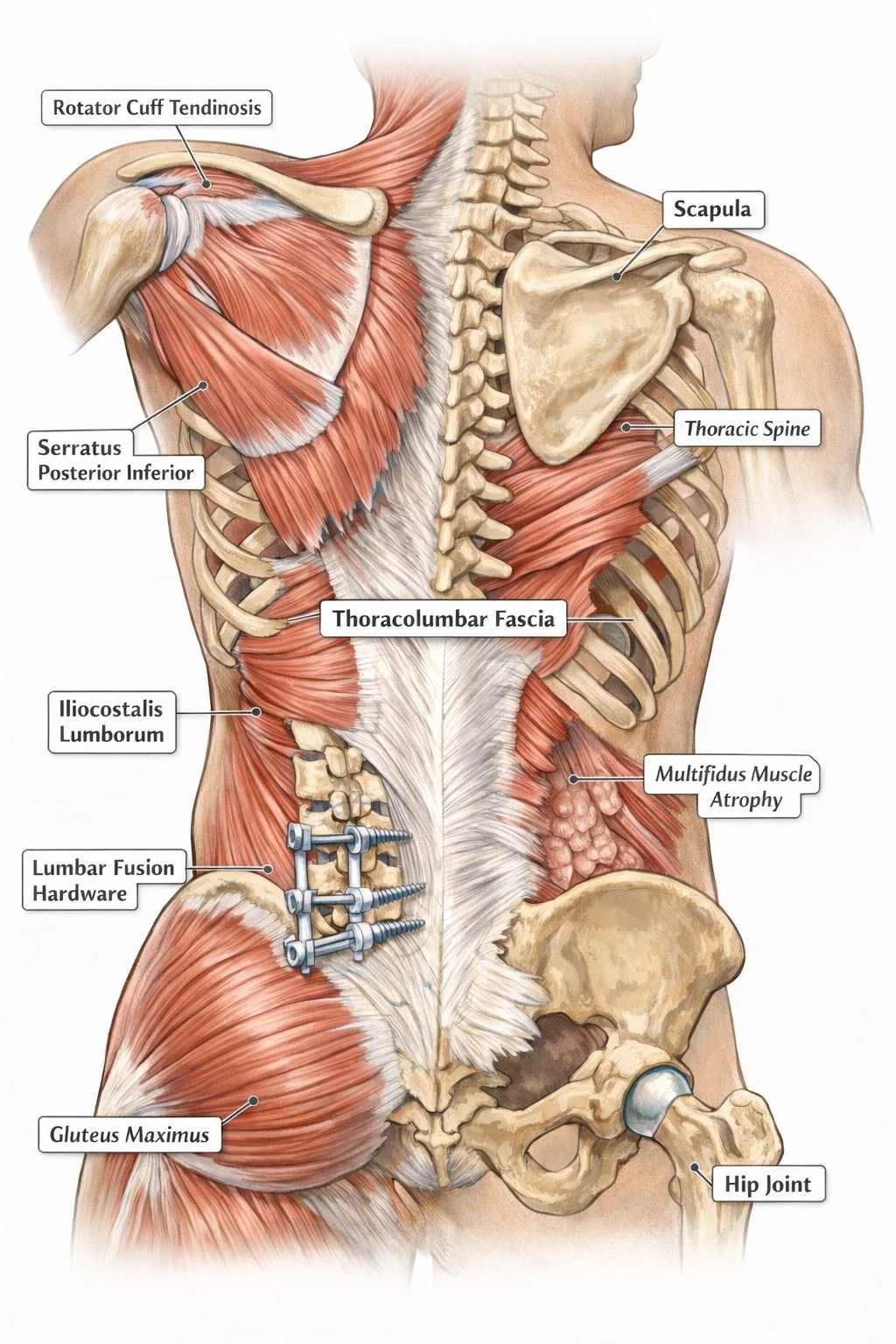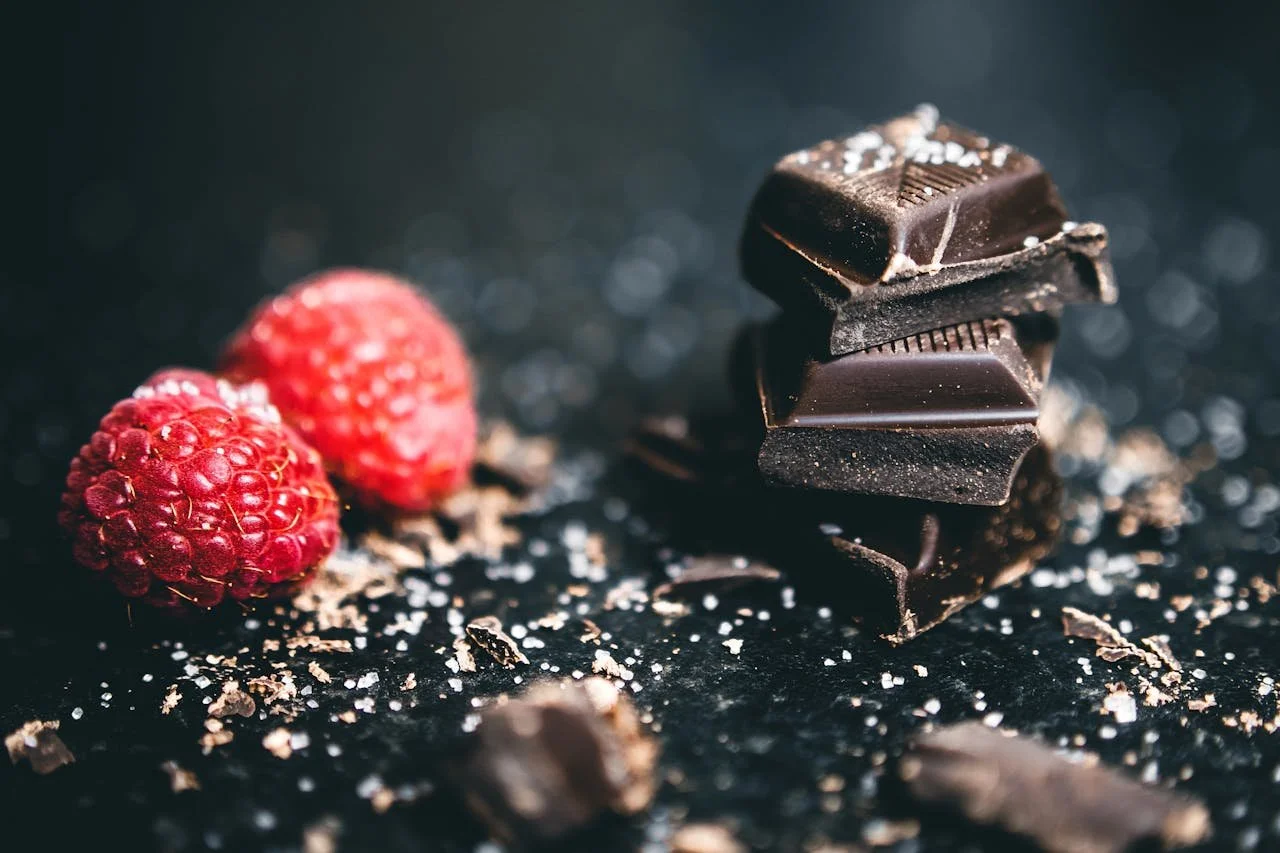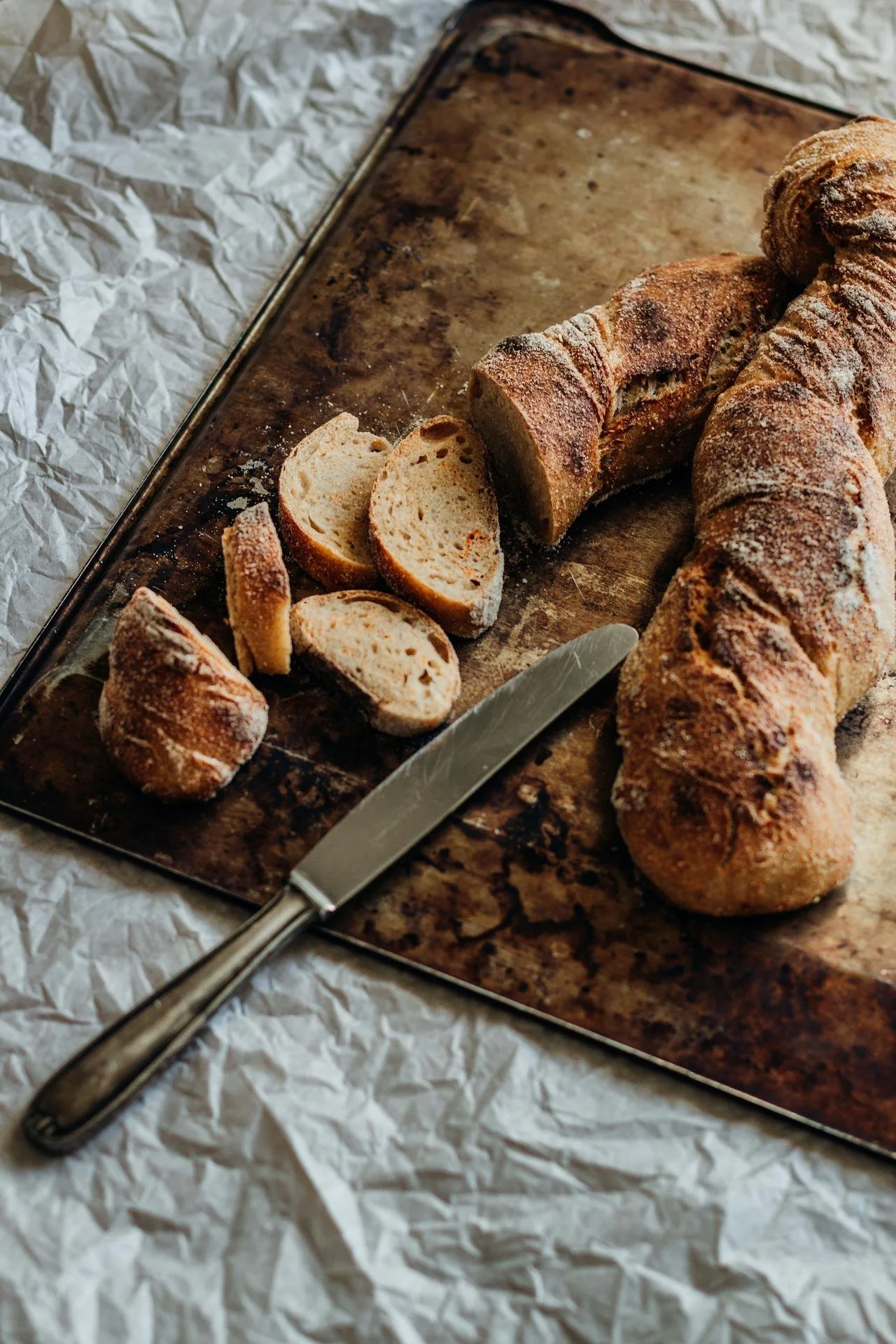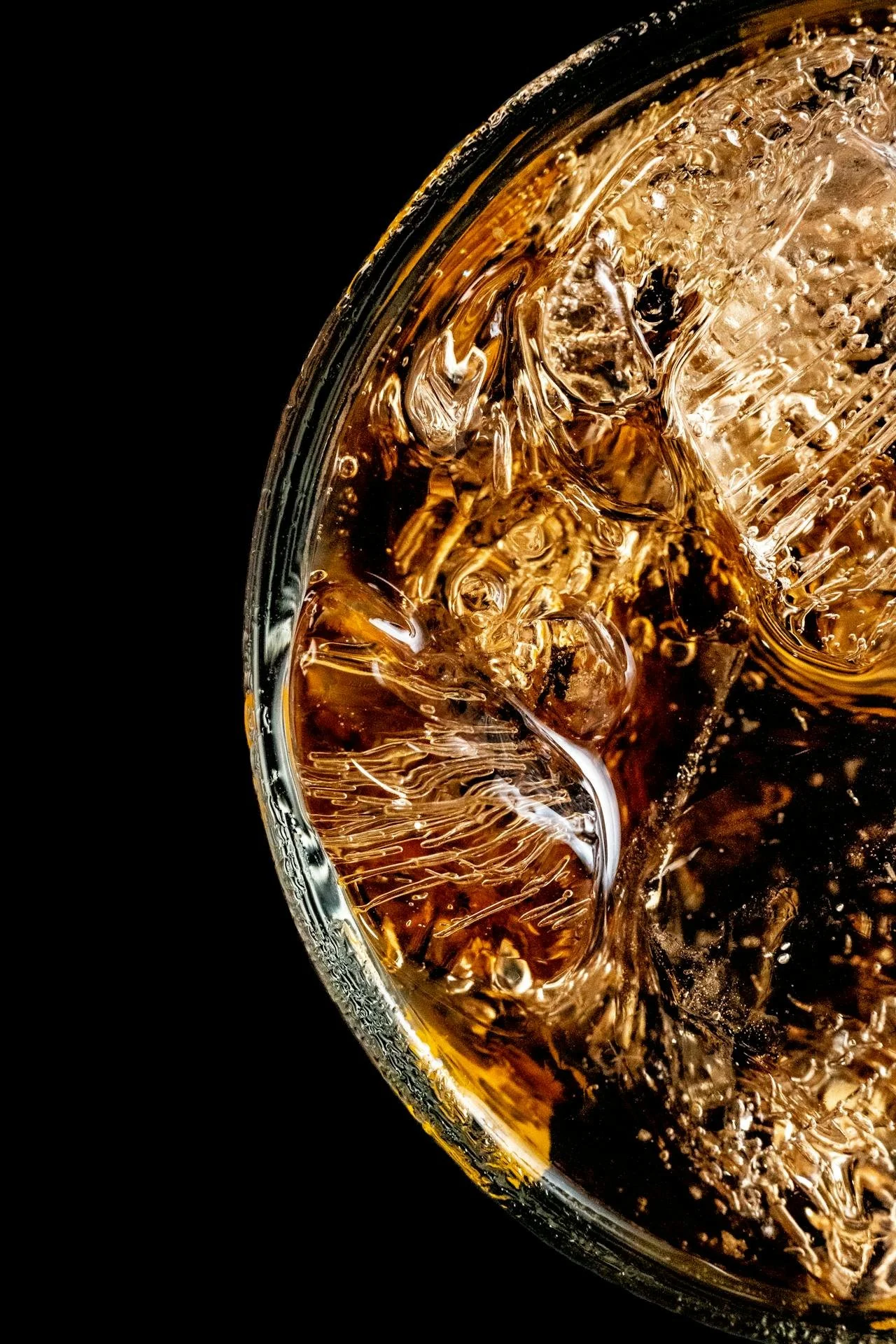Anti-Inflammatory Meal Plans
DIETARY CONSIDERATIONS
As a personal trainer, I'm often asked about the perfect diet for body fat loss or cutting inflammation. I wish I could say brisket and red wine. I would love to say bacon-wrapped brisket with well-done French fries drowned in green chili sauce and smothered with pepperjack cheese while washing it down with a nearby Napa Valley Cabernet Sauvignon. But, unfortunately, the universe has punished us and won't allow our last prison meal to serve as our daily feeding for optimal health. We shall survive this like the other limitations placed on us in life (like the fact that I need to practically wear a snowsuit to avoid skin cancer while hiking-not very Colorado fashionable).
Honestly, there isn't a perfect diet for any goal, and it's frustrating as we attempt to find the ideal combination of food for a given point. As my nutritionist friends would attest, the perfect diet for you now depends on measurable and immeasurable factors requiring awareness, testing, patience, research, patience, testing, patience, and awareness again. Of course, that method is only used to determine what you PHYSICALLY need. Suppose you consider your lifestyle, wired likes, and dislikes, trained adverse reactions to food, cultural and social influences on food choices, and whether or not your Lithuanian grandmother forced you to finish your plate of food. In that case, any list of meal plans will leave you debilitated and unsure of what to follow as the internal conflict ensues.
And even if we developed the perfect ONE meal plan based on the factors above, it still doesn't mean you'll adhere to it. For example, you may run two businesses while juggling a fluctuating daily schedule for your child and traveling to the mountains to ski every weekend. Also, don't forget to try to date everyone (or your spouse) and brush your teeth. Oi, ve!
I still have hope, though! I'm just trying to steer how you will consider your future meals with inflammation in mind. I'm the type to set the principles first and organize the plan second. Luckily, we know with great certainty the common foods that cause inflammatory and body fat-gaining responses. Not surprisingly, they are the same for most humans and often the tastiest. Here is a list of the top 5:
Alcohol
Meat (including eggs)
Dairy
Processed foods (including rice, breads, oils, products chemically and molecularly modified, pasteurized foods, and most things that aren't pulled from the ground)
Simple carbs (including desserts, bread, rice, and an endless number of delicious products)
I know what you're saying: "Michael, you grew up on Mars. I will not remove these items from my diet, including the Swedish-inspired, mall favorite Cinnabon." Fine. At least recognize that Cinnabon has never given credit to the Swedish. We should craft a meal plan based on our needs AND our wants. Include some of the options above, but be sure it's the best of what's offered. Do you want to include meat? Eat wild salmon instead of farm-raised Atlantic Salmon or grass-fed beef instead of standard beef options. Just recognize there is a boundary line for any food. If you don't see the desired results, it may be time to reconsider the combination of your choices.
ADDITIONAL Inflammatory Foods
It's early in the research to determine the inflammatory properties of moderate amounts of nightshades. We can argue that their benefits outweigh the risks in small quantities, but we can still look at the research that says otherwise as signals. I wouldn't eliminate them from your diet, but, like anything else, understand your body's sensitivity to them. Instead, hit the top-ranking inflammatory foods and behaviors first. Then, instead of eliminating nightshades, start by minimizing alcohol consumption, cigarette smoking, and the consumption of processed bread and packaged products. You may see a more significant difference by doing so.
In terms of reactions to other foods...Some special populations lack the enzymes to process dairy more efficiently. In contrast, others have specific allergies or intolerances to kale, nuts, gluten, and many foods considered nutrient-dense, non-inflammatory options. Choosing your meals is inherently a complicated task! Luckily, most humans have some wiggle room to test and experiment with (although allergies must be taken seriously). Your awareness is critical in this endeavor, and take the time to study your body's relationship with food. Be careful of the conclusions and correlations you make, though.
meal plan Resources
I've included a list of resources below. Each site offers the idea of a perfect anti-inflammatory meal plan. All are worthy of consideration or combination. Your sustainable success will ultimately lie in your ability to create a new normal among many resources. Your participation in this exploratory process is essential to your long-term adherence. Otherwise, you most likely will get sick of a plan provided to you, a milestone or professional/personal obstruction will force you to pivot, or new health conditions/goals will force a new focus.
Your best first step here is to examine your needs, food sensitivity, influences on your meal decisions, obstructions to your consistency, and desires. Once you detail a list based on these areas, examine multiple meal plans and curate a weekly schedule of meals based on their suggestions. Finally, choose the meals that excite you and serve your needs simultaneously.
As a reminder again...While you might include foods on the inflammatory list above, do your best to choose the best whole-food versions (e.g., grass-fed beef and minimally processed foods) and limit over-consumption.
Referral FOR A NUTRITIONIST IN DENVER
If you're looking for a specific dietary approach to meet your unique needs, I highly recommend Joan Vye. For those who have trained with me over the last two decades, you'll know that I've never recommended any nutritionist....until now. Please read her bio below for more information.
Professional Bio:
Joan Vye is a functional nutritionist at Nourished Roots in Denver, Colorado. She graduated from Bauman College with a certificate in functional nutrition and received high honors from Metropolitan State University with a degree in human nutrition and dietetics. Today, Joan works one-on-one with clients to help them improve their health, habits, and relationship with food. Joan specializes in digestion, mental health, behavior change, and weight loss/weight management.
Website: www.nourishedrootsrd.com
Denver Email: joan@nourishedrootsrd.com
Denver Phone: 303-209-9885
ABOUT THE AUTHOR: MICHAEL MOODY, PERSONAL TRAINER
As an author, a personal trainer in Denver, and podcast host, Michael Moody has helped personal training clients achieve new fitness heights and incredible weight loss transformations since 2005. He also produces the wellness podcast "The Elements of Being" and has been featured on NBC, WGN Radio, and PBS.
Michael offers personal training to Denver residents who want to meet at the 2460 W 26th Ave studio….or in their homes throughout LoHi (80206), LoDo (80202), RiNo (80216), Washington Park (80209), Cherry Creek (80206, 80209, 80243, 80246, 80231), and Highlands (80202, 80211, 80212). Michael also offers experiences with a personal trainer in Jefferson Park (80211) and Sloan's Lake (80204, 80212).
If you’re looking for a personal trainer who can curate a sustainable (and adaptable) routine based on your needs and wants, Michael is the experienced practitioner you’ve been looking for. Try personal training for a month…your body will thank you!
